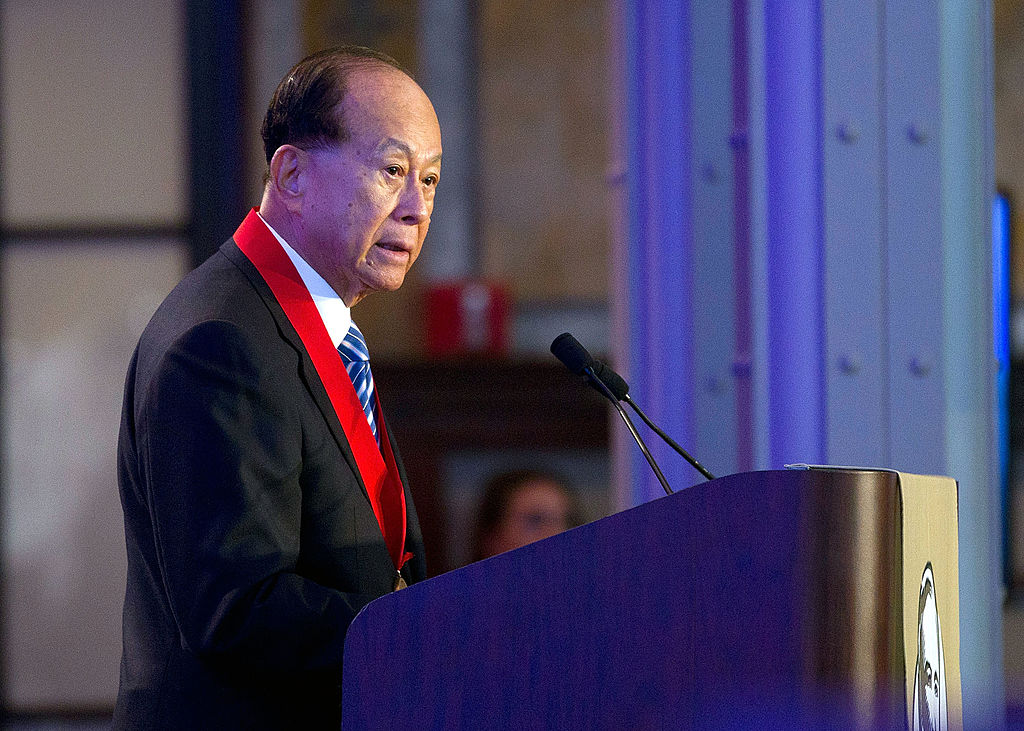On the day when, at the age of 89, Li Ka-shing announced his retirement from the entrepreneurial and business scenes he discreetly dominated for nearly 70 years, the New York Times recalled that someone over time has nicknamed this man, born in China in the late 1920s, Superman. Taking a look at Mr. Li’s assets today, estimated by Forbes at over $ 28 billion, it would be tempting to think of a character surrounded by all kinds of luxury and pleasures. That association with perhaps the most famous superhero there is, however, is not due to a billionaire’s life made up of excesses and exaggeration, but to entrepreneurial acumen and the ability to create business through adversity as a man out of the ordinary.
The articles and testimonies that retrace and reconstruct the long and in some ways tortuous personal life story of Li Ka-shing all agree on one point: the sober and measured lifestyle when compared to the economic possibilities of an entrepreneurial figure capable of amalgamating in one gigantic colossus, Cheung Kong Holdings, many different and apparently distant business branches. The new possibilities, however, have always been a presence in the life of Li Ka-shing, born in Chaozhou, Guangdong province in China, on July 29, 1928, to a modest family. The father, a key figure in this story, was a teacher and ran a local primary school. The years in which Li grew up were not simple, full of political tensions in Asia as well as in Europe. In this sense, 1940 certainly represents an exemplary date, with the mighty Nazi advance in Europe thanks to the “blitzkrieg”, the “blitzkrieg” and the Japanese invasion of China, no less violent and cruel than the German one. Li’s family decides it is time to flee and chooses to take refuge in Hong Kong, where his father manages to find a new job in a watch factory.
Readjusting is not easy and just as the family tries to rebuild their own acceptable normality, Li’s father falls ill with tuberculosis and in 1943 has to surrender to the disease. The home teenager is thus forced to abandon his studies to look for a job that will allow him to support his family finances and finds employment in a plastic materials trading company as a seller of generic straps and plastic watch straps. Li soon finds himself in front of the fatigue, the real one: he often works up to 16 hours a day, showing however the innate skills of a skilled salesman. The experience accumulated in the field in the plastics sector leads him, at the age of 22, to try to set up his own business. With $ 6,500 in savings and loans from some relatives, the first company directly controlled by Li, Cheung Kong Industries, was born.
It is one thing to manage your own business, another to limit yourself to trying to sell products without any managerial role. Li’s transformation leads him to try to better understand how one can try to manage a company. Thus, in addition to his daily experience, the new entrepreneur tries to steal some secrets of the trade: as the New York Times tells us, he eagerly buys and reads the numbers of the American monthly magazine “Modern Plastics”. The company began its production activity dealing with artificial flowers, then exported to the United States, and already during the 1950s the growth was constant, with Li starting to look around in search of favorable opportunities to try to expand his business. . The opportunity came into his hands when in 1958 he decided to buy his first factory. An essential step, as Li’s business interests quickly shift from plastics to real estate investments.
An idea that undergoes a strong acceleration from a series of events apparently in contrast with the concepts of development and growth. In fact, 1967 is a special year for Hong Kong, shaken by a sequence of strikes and demonstrations that make the situation hot and induce many to leave. Not Li, who insists on his acquisitions of land and buildings to the point that, as the New York Times points out, he owns more properties in Hong Kong than any other entity, excluding the British government. In 1971 the company changed its name and became Cheung Kong Holdings, while in 1972 it was listed on the Hong Kong Stock Exchange. Today that small factory linked to plastic has become a huge conglomerate that contains within it multiple and varied interests, to which Li has added a powerful philanthropic activity.








